Release Date: August 12, 2023
Letter Opposing November Amendment
Most Reverend Dennis M. Schnurr, Archbishop of Cincinnati released the following letter to the faithful, today:
Dear brothers and sisters in Christ, On November 7, 2023, Ohioans will have the opportunity to demonstrate how our state views the sacredness of life and the dignity of women. On the November ballot will be a proposed amendment (deceptively named “The Right to Reproductive Freedom with Protections for Health and Safety”) to the Ohio Constitution that would enshrine the “right” to take the lives of innocent children in the womb while harming women and families in the process.
An expectant mother of any age can face many challenges, including lack of support from the father, financial strains, concerns about her own health and that of her child, and pressures from family and friends. Every woman, regardless of circumstances, should be able to depend upon a community of support. That is why Catholic social service agencies, in collaboration with many other faith-based and secular organizations, assist pregnant women in need with material resources and personal accompaniment, both during pregnancy and after their child is born.
By contrast, the proposed amendment does none of that. If enacted, it would amend the Constitution of Ohio to effectively:
• Put women at risk. This amendment would enable elimination of some of the most basic, fundamental safety regulations on abortion clinics, including the current requirement for an abortion to be performed by a licensed physician.
• Threaten parental rights. The vague language in the amendment opens the door to anyone under 18 having an abortion, or even beginning cross-sex hormone treatment, without parental consent or notification.
• Allow abortion through 9 months of pregnancy. The amendment provides caveats such that a healthy, fully-formed infant in the womb who otherwise could be delivered with no issues would still be a candidate for a surgical dismemberment abortion.
We must reject this extraordinary and dangerous attempt to radically reshape Ohio through a constitutional amendment that does nothing to aid women or promote life.
The amendment’s supporters will claim that its passage is necessary to preserve medical treatment for women who experience miscarriages or ectopic pregnancies. This is not true. No Ohio laws – or the laws of any U.S. state, for that matter – prevent such treatment. Hospitals, including Catholic hospitals, and physicians have always provided comprehensive miscarriage care, and will continue to do so regardless of the outcome of this vote.
Some may insist that the Catholic Church should not be involved in politics. However, the defense of life and care for women compels our participation in this critical moral issue. As Catholics, we are morally obliged to uphold the dignity of life of all vulnerable humans – immigrants, the poor, preborn children. We cannot remain silent on a direct ballot question like the one in November. The Church must not remain on the sidelines when confronted with such a clear threat to human life and dignity and the primacy of the family.
Ohio does not need a constitutional amendment that only perpetuates violence and a culture of death. I urge Catholics and all people of goodwill to pray earnestly for the defeat of this extreme amendment; to educate yourselves and your family and friends about the dangers of the proposed amendment; and to vote NO on November 7. Beyond that, we must continue our commitment to caring for women, children and families.
May the Blessed Virgin Mary, mother of our Lord and Savior, and St. Joseph, protector of the family, intercede for Ohio and its families in the weeks ahead.
Sincerely yours in Christ,
Most Reverend Dennis M. Schnurr
Archbishop of Cincinnati
The Roman Catholic Archdiocese of Cincinnati is the 51st largest Catholic diocese in the country, with around 435,000 Catholics, and has the fifth largest Catholic school system in terms of enrollment with nearly 40,000 students. The 19-county territory includes 208 canonical parishes organized into 57 Families of Parishes, and 110 Catholic primary and secondary schools.
Jennifer Schack
Director of Media Relations
Archdiocese of Cincinnati
Office | 513.263.6618
Cell | 859.512.5626
